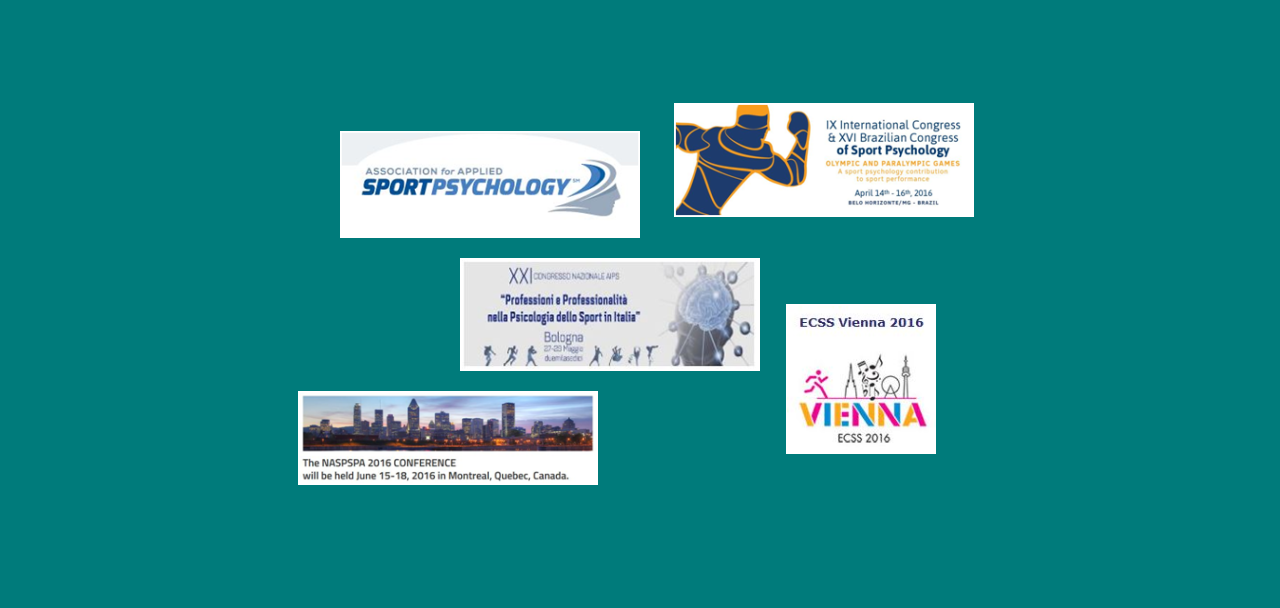
In the highly competitive world of elite and professional sports every part of an athlete's training regimen matters. Peak performance physiology training allows athletes to see their progress as they practice.
Sport psychologists are increasingly turning to psychophysiology to help athletes mentally prepare for their game and learn to reach an optimal performance zone quickly and consistently. Psychophysiology training involves the use of equipment designed to monitor physiological signals like heart rate variability, brain activity, emotional arousal, peripheral temperature, breathing and muscle tension. This information is fed back to the athlete in real time. Athletes can see how their body reacts to the environment, thoughts, emotions and stress. With training they can be taught how to recognize and control these reactions thereby enhancing performance.
 Imagine you are in penalty kicks in a World Cup Final. If you score you win. There are two Billion people watching on TV and 100,000 are in the stands. As you walk towards the ball, you look around the stadium. No one is seated. You see your counties flag everywhere. and the weight of your country is on your shoulders. How do you feel? If you are like most people, your shoulders are tense, your breathing is shallow, your hands are sweating, and your heart and mind are racing. This is Stress.
Imagine you are in penalty kicks in a World Cup Final. If you score you win. There are two Billion people watching on TV and 100,000 are in the stands. As you walk towards the ball, you look around the stadium. No one is seated. You see your counties flag everywhere. and the weight of your country is on your shoulders. How do you feel? If you are like most people, your shoulders are tense, your breathing is shallow, your hands are sweating, and your heart and mind are racing. This is Stress.
But what if you had a tool to learn how to counteract this stress? Widely used, visualization is most powerful when practiced in a deep state of relaxation. Using Psychophysiology training we can ensure mental rehearsal is having a maximal transfer to performance.
Imagine an athlete who has a two minute shift in hockey, and spends the next four minutes on the bench. Is he able to make a maximal recovery so he is mentally focused for his next shift? What happens to performance if he is not? Heart Rate Variability training can teach him how to recover completely.
Reaction time is crucial for many sports: passing the puck, goalies making a diving save; reacting to your opponent's tennis serve; getting off the starting block – and more. When working to shave hundredths of a second off a time, milliseconds matter. Reaction time training with a device that is accurate to 0.5 MS is essential.
Learn more about adding peak performance physiology training to your practice at these upcoming international conferences.

April 14-16, 2016
XVI Brazilian Congress and the IX International Congresso of Sport and Exercise Psychology (CONBIPE)
Belo Horizonte, Brazil
Exhibitor: Thought Technology

May 27-29 2016
XXI AIPS National Congress 2016
Bologna, Italy
Exhibitor: Righetto Srl.
Click to Learn More

June 15-18, 2016,
NASPSPA (North American Society for the Psychology of Sport and Physical Activity) 2016 CONFERENCE
Montreal, Quebec, Canada
Exhibitor: Thought Technology
Click to Learn More

July 6-9, 2016,
21st Annual Congress of the ECSS (European College of Sport Science)
Vienna, Austria
Exhibitor: MediTech
Click to Learn More

September 28 - October 1, 2016,
The Association for Applied Sport Psychology (AASP's) 31st Annual Conference
Phoenix, Arizona, USA
Exhibitor: Thought Technology

